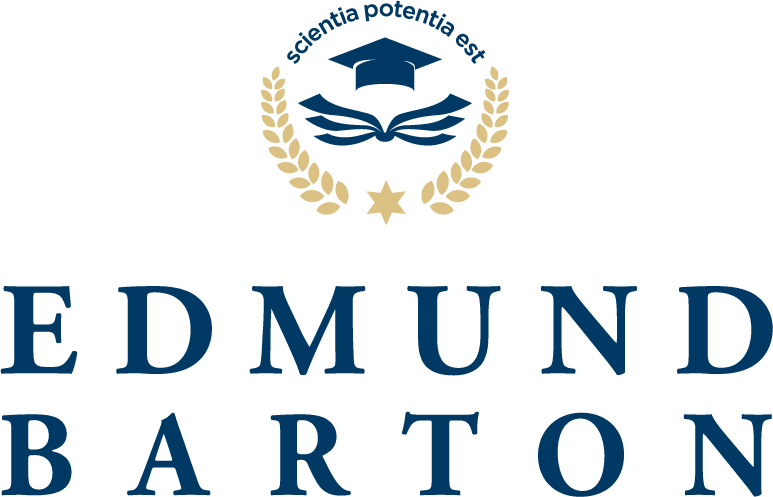In a world that’s constantly evolving, the Australian job market is not immune to the waves of change brought about by technological advancements, shifts in economic policies, and changes in societal norms. For professionals navigating this landscape, understanding these trends is crucial for career planning and development. Here’s a look at some of the major trends shaping the future of work in Australia.
1. Increasing Automation and Artificial Intelligence
One of the most significant trends is the continued integration of automation and artificial intelligence (AI) into the workplace. While automation is streamlining operations and increasing efficiency in sectors such as manufacturing, logistics, and services, AI is revolutionising areas like customer service, project management, and data analysis.
The use of these technologies is not necessarily about replacing human workers but augmenting their capabilities and freeing them up to focus on more complex and creative tasks. For professionals, this means there’s a growing need to adapt by developing tech-savvy skills and learning to work alongside intelligent systems.
2. Emphasis on Remote Working and Flexible Schedules
The COVID-19 pandemic has fast-tracked the adoption of remote working across many industries. What might have once been a temporary measure is now becoming a permanent fixture. Companies across Australia are recognising the benefits of remote work, including reduced office costs and increased employee satisfaction due to better work-life balance.
This shift requires professionals to refine their digital communication skills, self-discipline, and time management. It also opens up opportunities for businesses to tap into talent pools not restricted by geographical limitations.
3. Rise of the Gig Economy
There’s a noticeable shift towards freelance, contract-based, and on-demand work, collectively known as the gig economy. This trend is supported by digital platforms that connect freelance workers with businesses needing specific skills for short-term projects. Fields like graphic design, digital marketing, software development, and writing are particularly ripe for gig work.
Profession this model offers flexibility and variety, it places greater emphasis on continuous learning, networking, and personal branding to maintain a steady stream of opportunities.
4. Focus on Skills and Competencies Over Credentials
While traditional degrees and certifications continue to hold value, there’s a growing focus on skills and competencies as primary indicators of a candidate’s suitability for a role. Dynamic industries like technology and digital media value practical experience and proven skills, leading to an increased acceptance of non-traditional education paths, such as online courses or bootcamps.
Professionals might find it advantageous to focus on building specific skill sets through short courses or self-learning, alongside or instead of traditional degrees.
6. Green Jobs and Sustainability
As concerns over climate change and environmental sustainability grow, so does the demand for green jobs. These roles directly contribute to environmental conservation, such as in renewable energy, green building, and sustainable agriculture, or involve incorporating sustainability practices within other sectors.
For professionals, this trend means there are burgeoning opportunities in both new technologies like solar and wind, as well as in transforming traditional industries toward greener practices.
8. Prioritisation of Workplace Wellbeing
There’s an increasing recognition of the importance of mental health and overall wellbeing in the workplace. Companies are implementing policies that promote a healthy work-life balance, recognising that a happy, healthy workforce is more productive and engaged. This includes more support for mental health, flexible working conditions, and programs to enhance employee engagement and satisfaction.
The job market in Australia is undeniably transforming, influenced by technological innovation, evolving work norms, and the increasing importance of sustainability and wellbeing. For today’s professionals, staying informed about these trends and adapting accordingly is essential. Continual learning, flexibility, and a proactive approach to career development are more important than ever to thrive in the future of work.
Guest Author
Founder of Full Steam Digital Marketing. Expertise in web design, development, digital marketing, and business strategy. I have a deep understanding of business technology and strategic planning, and I’m passionate about startups, ideation and I thrive on building innovative solutions and cool stuff that makes a real impact. When I’m not working on my latest project, I enjoy sharing my insights and experiences to help others skill up and succeed in the business world.
Outside of work, my family—my wife and our three kids—are my driving force. I also love riding mountain bikes up and down very steep hills.
Favourite quote; “There are no limits. There are only plateaus, and you must not stay there, you must go beyond them.” Bruce Lee.

